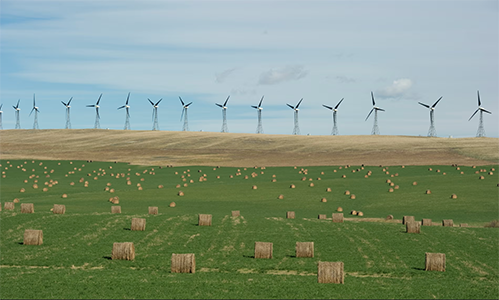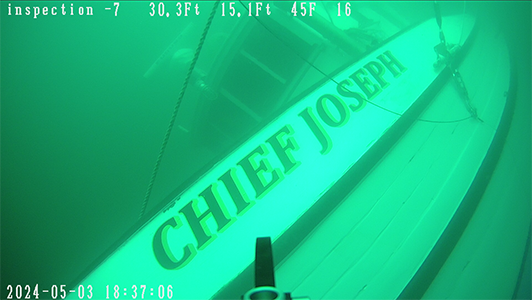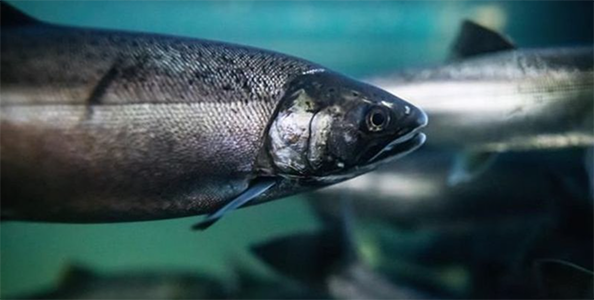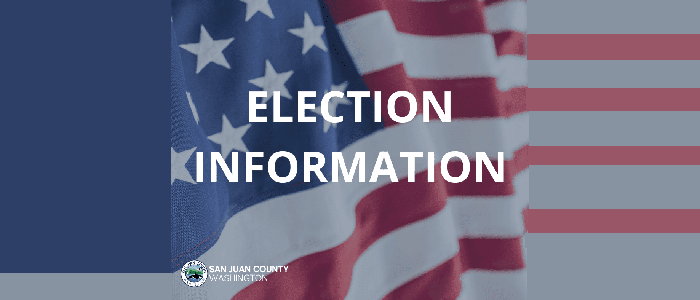Decision by premier Danielle Smith further pits Canadian province against environmental groups pushing green energy
||| FROM THE GUARDIAN |||
The decision, announced by the premier, Danielle Smith, and utilities minister, Nathan Neudorf, on Wednesday, follows a controversial six-month ban on new renewable energy projects that is due to expire on 29 February.
Alberta’s moratorium, announced in August, left energy companies uncertain about billions in future investment, even as the region, with its clear skies and an abundance of wind, led the country in new renewable projects.
Nearly a third of Alberta’s grid is now powered by renewables and the province has shifted away from coal at a far faster rate than expected.
But Smith has pushed back against federal rules that aim to reduce the greenhouse-gas emissions of provincial power grids.
Last month, amid recording-breaking winter temperatures, Albertans were sent emergency alerts asking them to conserve power as the electrical grid buckled from the cold. Smith and others in the province used the cold snap to express skepticism about the feasibility of renewable energy.
On Wednesday, she framed the decision to put limits on new projects as one designed to grow the industry in a “well-defined and responsible” way.
“Alberta has led the country in renewable energy investment, and we will continue to lead the country,” she told reporters.
Under its new rules, Alberta will ban renewable projects on private lands that it believes have “excellent or good irrigation capability” as well as land that can grow specialty crops.
Landowners can request an exemption if they can show crops or livestock can thrive alongside the project. Developers of projects will be responsible for cleanup costs and must secure a bond with the government.
Smith said that the new rules reflect what she called “errors” in the way liability for oil and gas companies was structured in the past – and has since led to mounting crisis in the province as officials contend with roughly 170,000 “orphaned” oilwell sites.
“You don’t correct a problem by compounding it,” the premier said.









“You don’t correct a problem by compounding it,” – Danielle Smith
What a pity the Alberta premier doesn’t apply that principle to Climate Destabilization.